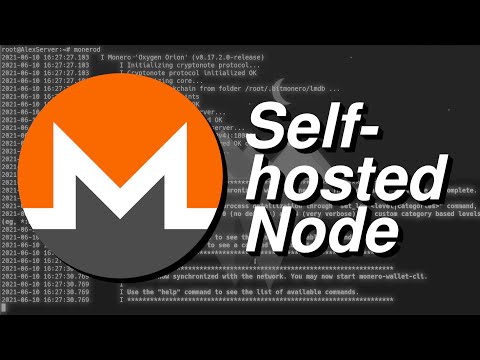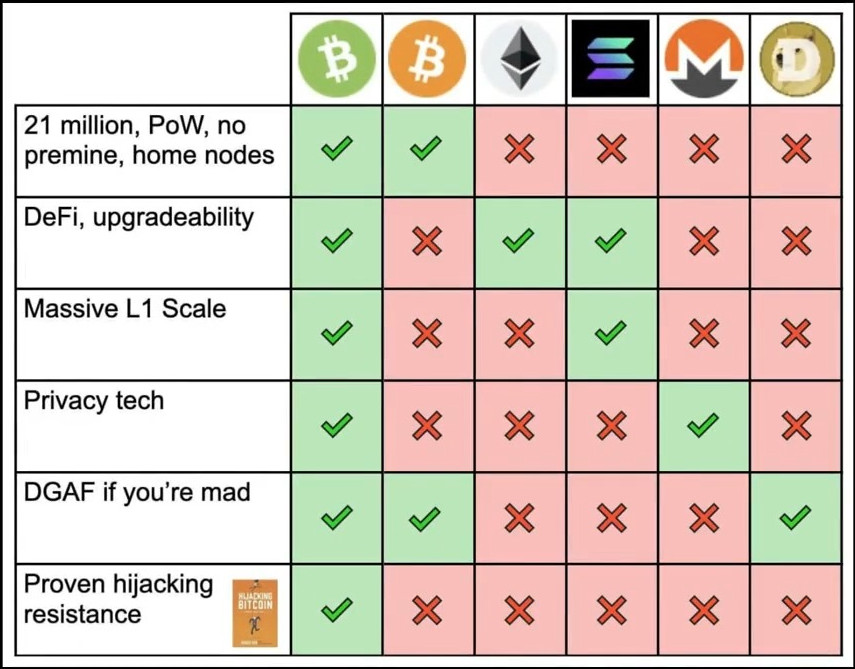US government ready to apply the PATRIOT Act to Bitcoin and digital assets The FinCEN Director confirms that the Treasury is finalizing a ban on privacy tools for Bitcoin and cryptocurrencies.
According to The Rage, this week marks a pivotal moment for the digital asset sector in the United States, with the government preparing to apply the PATRIOT Act to Bitcoin and other cryptocurrencies. While last week brought positive developments on reforms to the Bank Secrecy Act of 1970, worrying news now emerges regarding the privacy of bitcoin and crypto transactions.
The PATRIOT Act, enacted after September 11, 2001, under the Bush administration, grants the U.S. government extraordinary powers to bypass constitutional protections in the event of terrorist threats. These powers include warrantless surveillance and the suspension of the right to a fair trial.
According to reports, FinCEN Director Andrea Gacki confirmed that the Treasury is working to finalize the so-called “mixer rule.” This regulation aims to ban nearly all privacy mechanisms on public blockchains for U.S. citizens.
During the hearing, Representative Liccardo stated: “We are seeing more and more illegal transactions being done in crypto,” citing a study showing that 91% of 111 fraud cases examined involved decentralized finance (DeFi). The main concern is the pseudonymity of transactions.
Gacki responded that FinCEN is collaborating with blockchain analytics firms to de-anonymize pseudonymous transactions, but Liccardo countered that software like mixers could allow users to evade even the most sophisticated detection techniques. Bitcoin privacy under attack
Contrary to its name, the Treasury’s mixer rule is not limited to mixers, but represents a generalized ban on any software or behavior that provides transactional privacy to users of public blockchains such as Bitcoin.
The rule would consider the following activities a “primary concern for money laundering”:
pooling or aggregating crypto from multiple people, wallets, or accounts;
using computer code to coordinate or manipulate the structure of transactions;
splitting Bitcoin to transmit it across independent transactions;
creating disposable wallets, addresses, or accounts;
exchanging between different types of cryptocurrencies;
facilitating delays in transactional activity.
These provisions could also put Bitcoin users employing common privacy practices under suspicion, potentially leading to criminal liability similar to traditional finance smurfing—the breaking up of large sums of money into smaller transactions to evade banking controls—a federal offense punishable by up to five years in prison. Revival of the Special Measures to Fight Modern Threats Act
Parallel to FinCEN’s work, the Special Measures to Fight Modern Threats Act, previously considered stalled in Congress, has been reintroduced. Representative Zach Nunn confirmed that the bill is still under debate.
According to The Rage, the Special Measures to Fight Modern Threats Act, originally introduced in 2022 by Representative Himes of Connecticut, would effectively give the Treasury the power to prohibit any transaction deemed concerning without public notice or consultation.
As highlighted by The Rage contributor Nicholas Anthony, who has written for the Cato Institute, “one likely scenario is that the Treasury would use this authority to prohibit U.S. banks from being involved with cryptocurrency transactions validated by miners located outside of the United States.”
Jerry Brito and Peter van Valkenburgh of CoinCenter described this approach as “dangerously authoritarian,” noting that all cryptocurrencies are inherently global and therefore any Bitcoin transaction could plausibly be linked to a foreign jurisdiction.
The post US government ready to apply the PATRIOT Act to Bitcoin and digital assets appeared first on Atlas21.


